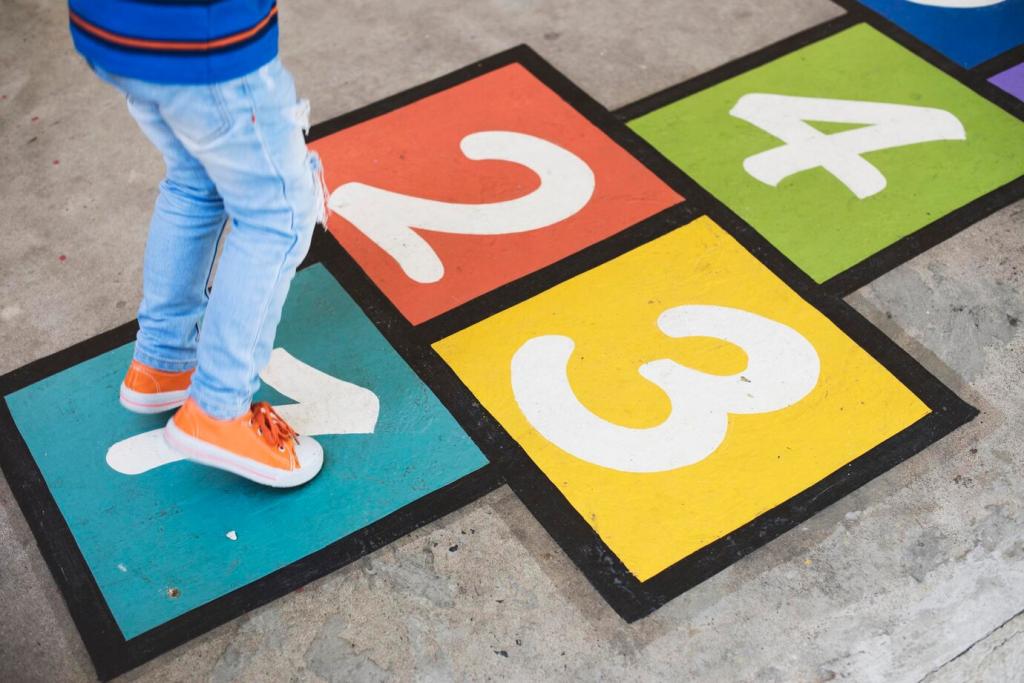
Role-Playing Games with Educational Objectives: Learn by Living the Story
Chosen theme: Role-Playing Games with Educational Objectives. Enter worlds where quests sharpen knowledge, characters practice real skills, and meaningful choices turn lessons into unforgettable experiences. Share your own classroom adventures and subscribe to keep exploring with us.
Why Role-Playing Games Supercharge Learning
Narrative immersion increases contextual encoding, helping students remember not just facts but when and why those facts matter. When a concept is tied to a character’s decision, it becomes far easier to retrieve later.
Designing Educational RPGs: Mechanics with Meaning
Treat standards as branching quests with clear verbs and checkpoints. Each objective becomes a step in the journey, translating outcomes into actionable tasks students can pursue, track, and celebrate upon completion.
Designing Educational RPGs: Mechanics with Meaning
Turn rubrics into achievement badges and boss encounters into performance tasks. Progress tokens reflect criteria met, while narrative debriefs surface evidence, making evaluation feel like part of the adventure, not an interruption.
Classroom Stories: Campaigns That Changed How Students Learn
An eighth-grade class became archivists investigating letters from a fictional port city on the eve of revolution. Students sourced documents, debated bias, and negotiated alliances. Post-game essays showed sharper claims and evidence.
Classroom Stories: Campaigns That Changed How Students Learn
In a math-focused blacksmithing guild, learners forged balanced blades using fraction operations. Crafting recipes demanded equivalent forms and error checking. Struggling students gained confidence as their designs finally passed the master’s inspection.
Classroom Stories: Campaigns That Changed How Students Learn
Newcomer students joined a traveler’s guild where quests required conversation for clues. Dialogue frames scaffolded practice, while character goals encouraged risk-taking. By week’s end, even quiet players volunteered to role-play negotiations confidently.
Tools and Platforms: Analog to Digital
Index cards, sticky notes, and simple dice create fast, flexible systems. Students sketch maps, track clues, and prototype mechanics. Tangible materials lower barriers, invite improvisation, and keep attention grounded around the shared table.


Rubrics mapped to mechanics
Define explicit criteria for argument quality, collaboration, and content accuracy, then tie them to in-game currencies or abilities. Players see exactly how strong reasoning earns influence or unlocks new narrative possibilities.

Reflection as character journals
After sessions, students write in-character journals that double as metacognitive reflections. Prompts connect choices to concepts, turning narrative voice into a lens for analyzing strategies, errors, and breakthroughs over time.
A One-Week Starter Campaign
Story arc and schedule
Day 1: premise, roles, safety. Day 2: exploration and clues. Day 3: skill challenge. Day 4: negotiation or build. Day 5: capstone decision and reflective debrief connecting outcomes to standards.
Roles, NPCs, and responsibilities
Assign rotating roles—facilitator, scribe, evidence keeper—to build collaboration. NPCs hold key information requiring specific skills to unlock. This structure ensures every student has ownership and a clear reason to participate actively.
Safety, consent, and norms
Establish boundaries, use pause tools, and agree on respectful play. Normalize opting out of scenes without penalty. Psychological safety amplifies academic risk-taking and helps all learners focus on the educational objectives.



